Leading market players are investing heavily in R&D to expand their product lines, which will help the Cargo Transportation Market, grow even more. Market participants are also undertaking a variety of strategic activities to expand their footprint, with important market developments including new product launches, contractual agreements, mergers and acquisitions, higher investments, and collaboration with other organizations. To expand and survive in a more competitive and rising market climate, Cargo Transportation industry must offer cost-effective items. Cargo transportation companies offer a variety of other services, such as warehousing, insurance, and tracking.
Cargo transportation services are essential for businesses of all sizes to move their goods to market.
Manufacturing locally to minimize operational costs is one of the key business tactics used by manufacturers in the Cargo Transportation industry to benefit clients and increase the market sector. In recent years, the Cargo Transportation industry has offered some of the most significant advantages to medicine. Major players in the Cargo Transportation Market Company, including Bohnet GmbH (Germany), Schumacher Cargo Logistics Inc. (US), APL (US), Orient Overseas Container Line Limited (Hong Kong) and others, are attempting to increase market demand by investing in R&D operations.
Hapag-Lloyd AG is a German worldwide shipping and container transportation corporation. Hapag-Lloyd was created in 1970 by the amalgamation of Hamburg-American Line (HAPAG) and Norddeutscher Lloyd. The firm was formed on September 1, 1970, by the merging of two German transportation/maritime companies, Hamburg-American Line (HAPAG), founded in 1847, and Norddeutscher Lloyd, founded in 1857. Hapag-Lloyd has had shareholder changes and a number of mergers with other companies since its inception. For example, in 1998, Hapag-Lloyd was totally acquired by and became a subsidiary of TUI AG (Hanover).
In February 2020, Hapag-Lloyd, a container shipping firm, had introduced a remote reefer supply chain monitoring technology called Hapag-Lloyd LIVE. This real-time monitoring solution was created to promote cold chain transparency by providing customers with a variety of data sets relating to the condition and location of their reefer containers.
Yang Ming Marine Transport Corporation, headquartered in Keelung, Taiwan (ROC), is a Taiwanese container shipping firm. The company was created in 1972 as a shipping line, but it has historical ties to the Qing Dynasty through its merger with the China Merchants Steam Navigation Company (1872-1995).
After Taiwan Power Company chose to close its fourth nuclear facility, Yang Ming agreed to provide a service from the Port of Keelung, Taiwan, to the United States for two batches of almost 20 containers each, carrying over 1700 unused nuclear fuel rods, between July and September 2018. In March 2019, Yang Ming announced the launch of two super large container vessels, YM Warranty and YM Wellspring, with a capacity of 14,000 TEU. These vessels were designed with a nominal capacity of 14,220 TEU, 1000 reefer plugs, and the ability to attain speeds of up to 23 knots.
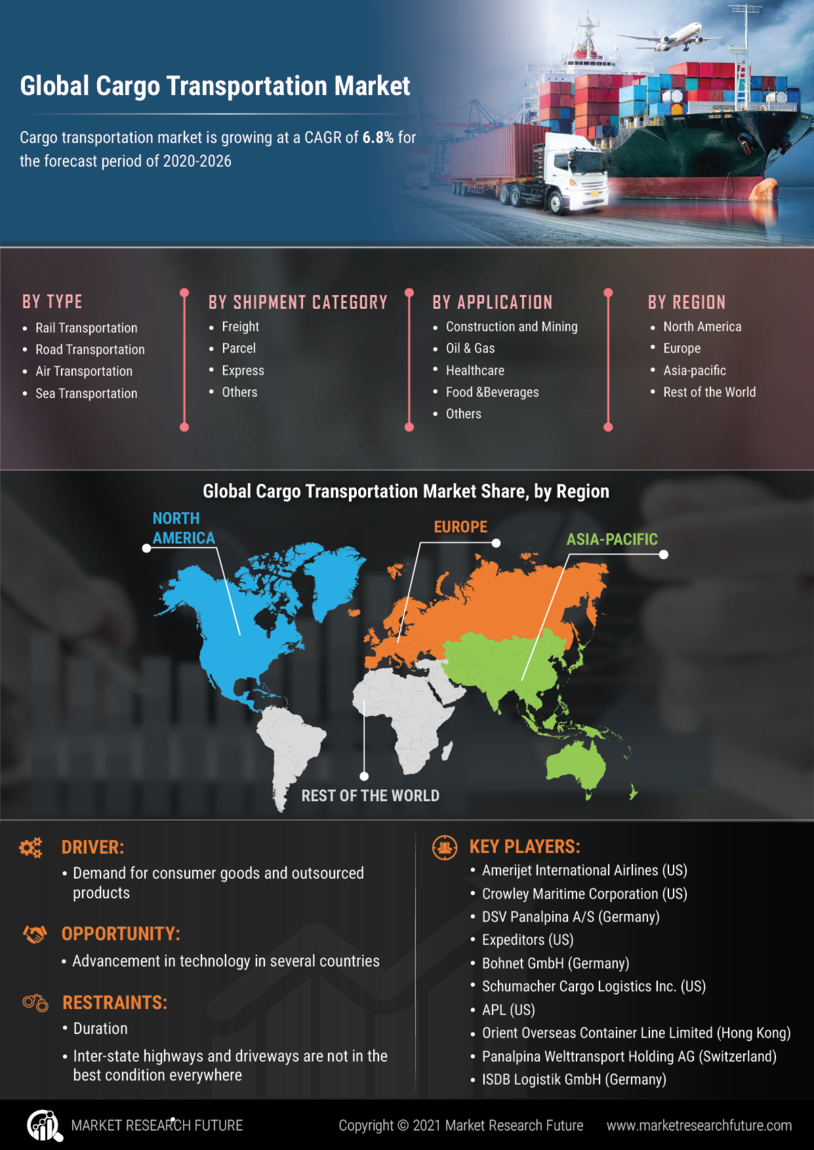

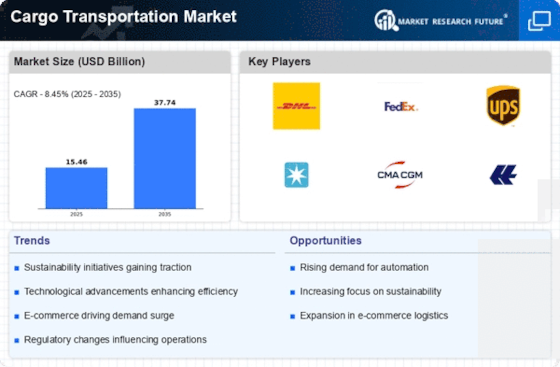
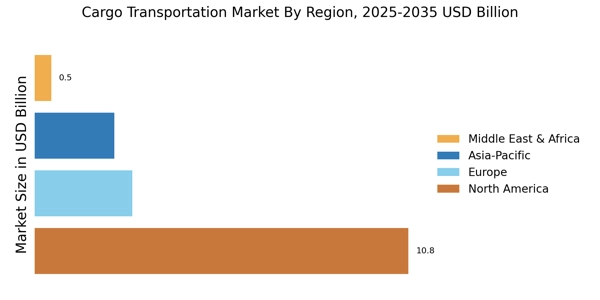
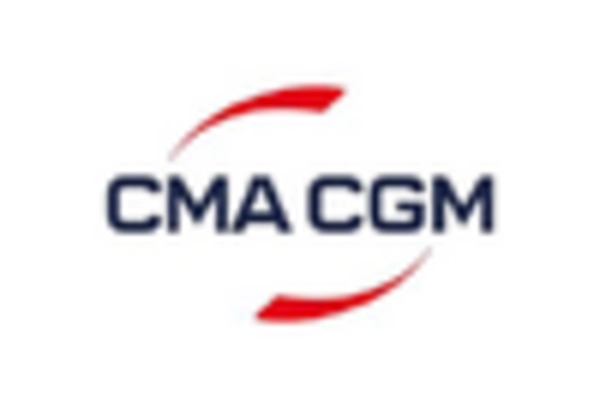
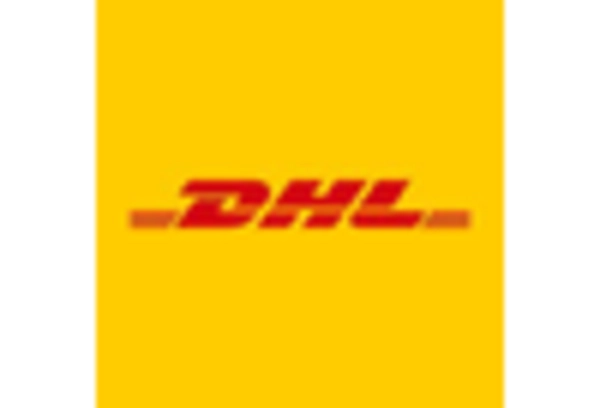
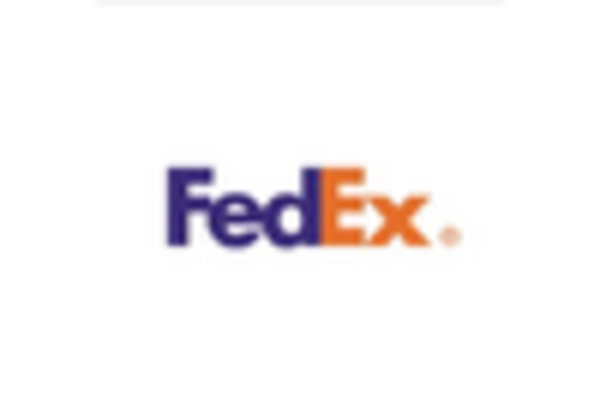
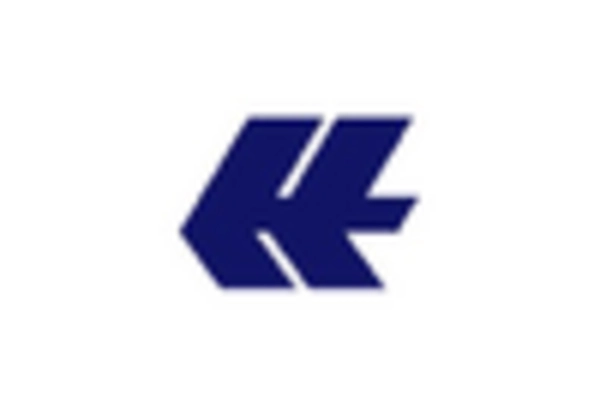










Leave a Comment